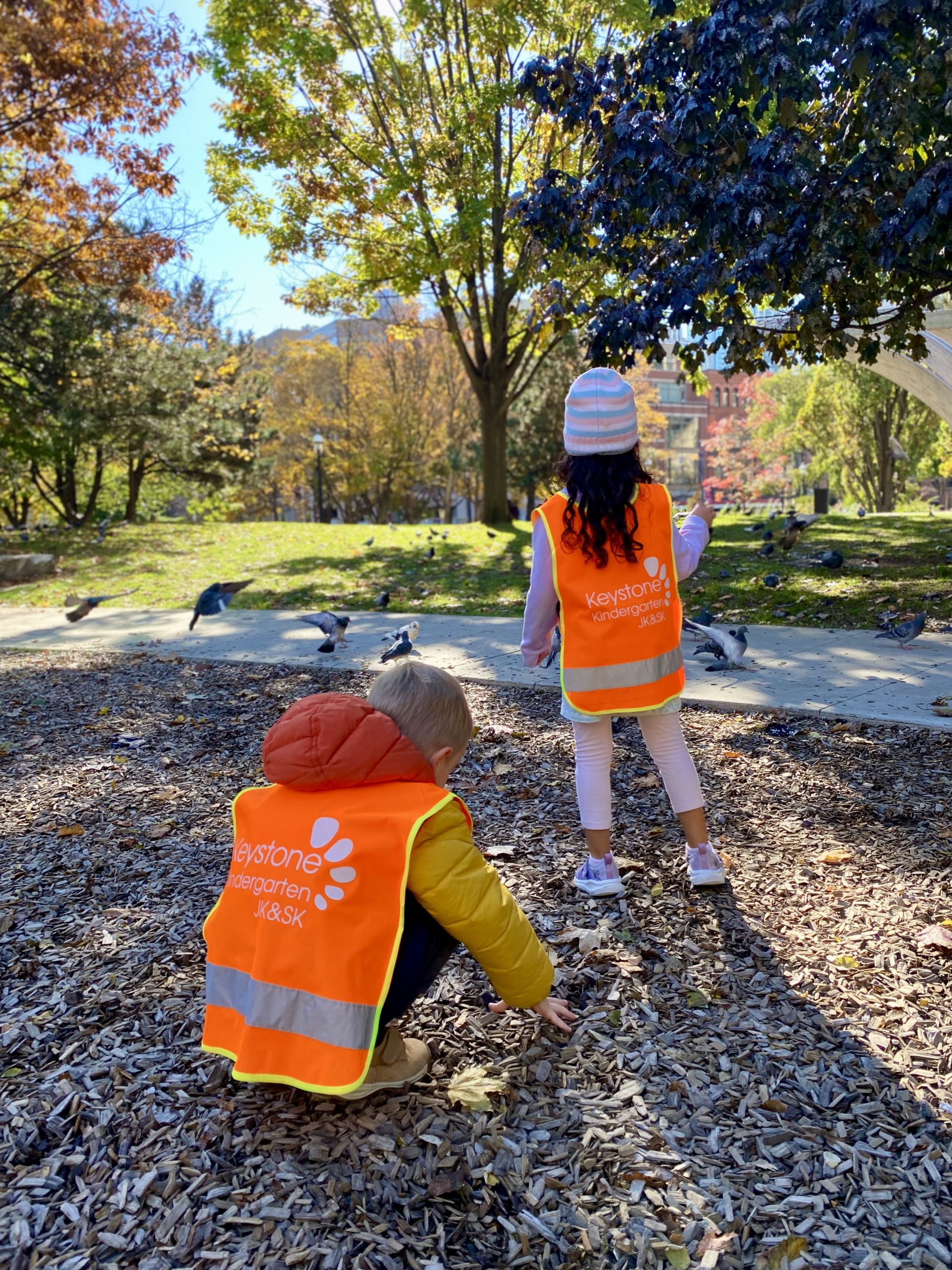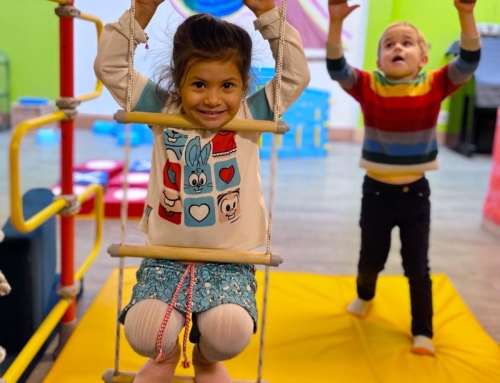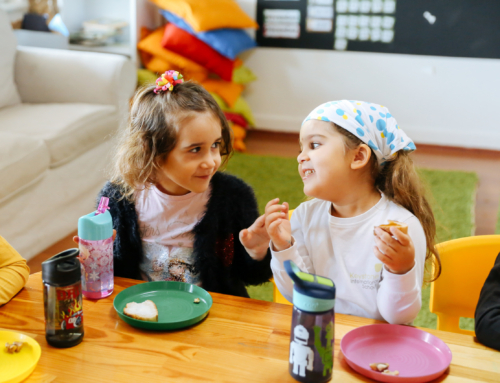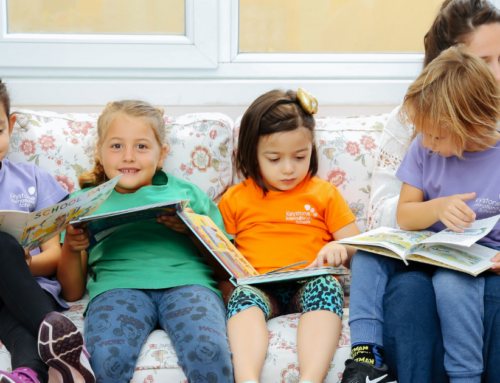Why is emotional health important?
When we think about children’s health, we often think of their physical well-being; a healthy diet, exercise and good hygiene. An important aspect of a child’s health that we often fail to recognize is their emotional health. When we consider a child’s overall well-being, we should be measuring their emotional health and physical health with the same weight.
As adults, we have to ask ourselves… Why is emotional health so important? The answer is simple, supporting emotional well-being in childhood provides children with crucial life skills and is a strong predictor of adult life satisfaction. When children have a high level of emotional wellness, they are more confident and empathetic, which allows them to develop more meaningful, lasting relationships and helps them value the people around them. Furthermore, emotionally healthy people are better equipped to cope with life’s challenges, as they can more easily regulate their thoughts, feelings and behaviours.
The long-term result of this? It allows children to grow into happy adults and gives them the skills to succeed. Encouraging emotional wellness in the early years lays the foundation for strong mental health that will last a lifetime!
How can we support emotional well-being in kindergarten-aged children?
- Validate their feelings
-
- Let them know that feelings are not inherently good or bad; they just are! Please help them to feel safe to have emotions and let them know that having feelings is completely normal! See this article by Jeffrey Bernstein Ph.D.
- Reading Books
-
- Books are an excellent resource for helping children understand their emotions and normalize their feelings! See some suggestions here.
- Establish clear consistent “rules.”
-
- Kids tend to do better when their environment is predictable. Creating some basic “rules” pertaining to the safety of self, others, and the environment is a great way to do that! When we stay consistent in enforcing our boundaries, it helps children to know what is expected of them which in turn, makes it easier for them to navigate their behaviour.
- Active Listening and Empathy
-
- Children’s emotions aren’t always logical to us as adults – but in the moments when they’re experiencing the biggest emotions where children need us to hear them and understand them, without judgment. This can be one of the strongest tools in helping children in their self-regulation.
Give them the words! – If you’re noticing your child is feeling a big emotion; scared, frustrated, angry, excited, help them to express that in a constructive manner. When children are able to identify their own emotions, it makes it easier for them to understand their feelings and how to express it to the people around them. Read more on communication tips in our previous post here.







